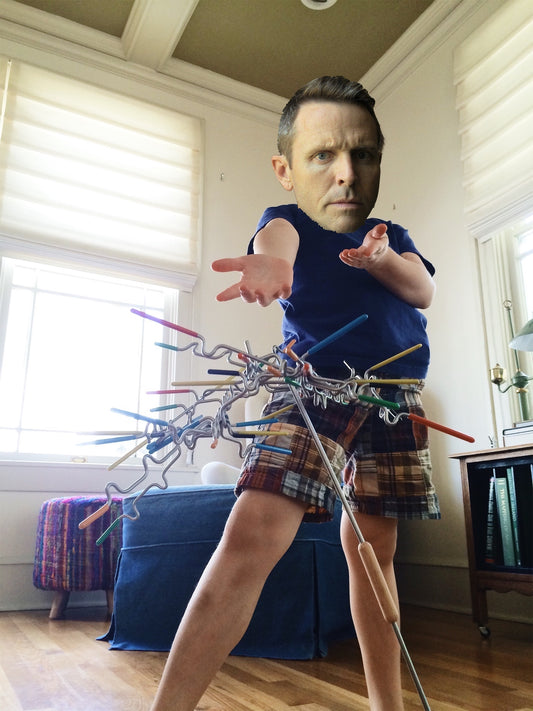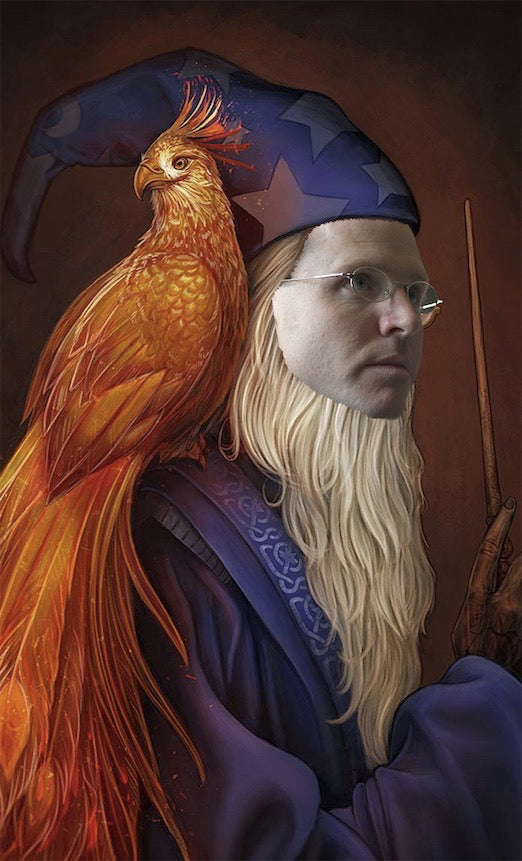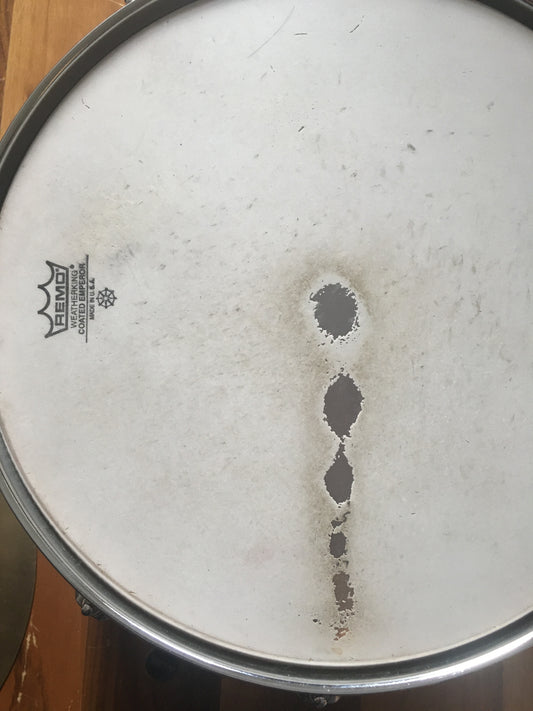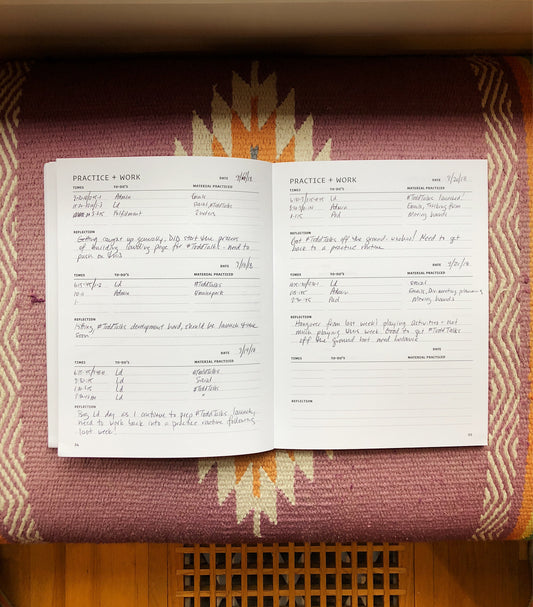Blog

Make Something Different
But these patterns and routines rarely create something extraordinary. They speak only to the status quo. And maybe they produce a really great version of the status quo, maybe even a...
Make Something Different
But these patterns and routines rarely create something extraordinary. They speak only to the status quo. And maybe they produce a really great version of the status quo, maybe even a...

Gratefully Discontent
Questioning what you do isn't the same as hating what you do. In fact I think it means the opposite. I think it means that you care enough about what...
Gratefully Discontent
Questioning what you do isn't the same as hating what you do. In fact I think it means the opposite. I think it means that you care enough about what...

Drums and Drones
Drummer Brian Chase goes 'inside the the sound of a drum' with his Drums and Drones project. His guest blog post for Liquidrum gives an inside look at his creative...
Drums and Drones
Drummer Brian Chase goes 'inside the the sound of a drum' with his Drums and Drones project. His guest blog post for Liquidrum gives an inside look at his creative...

The Practice Room — Part 2: Implementation
But those initial moments just before the practice session commences often end up being the beginning of nothing more than a mindless routine, one you've been doing every day for...
The Practice Room — Part 2: Implementation
But those initial moments just before the practice session commences often end up being the beginning of nothing more than a mindless routine, one you've been doing every day for...
The Practice Room — Part 1: Planning
And while we might think we're knocking the planning stage out of the park, most of us are probably just working off of vague ideas that swim around in our...
The Practice Room — Part 1: Planning
And while we might think we're knocking the planning stage out of the park, most of us are probably just working off of vague ideas that swim around in our...
Stacked and Suffocating—The Dark Side of Hustle...
This is the world we live in as musicians and it isn't healthy. It's stifling, it's harmful, it's too much. And those of us who teach perpetuate the cycle with...
Stacked and Suffocating—The Dark Side of Hustle...
This is the world we live in as musicians and it isn't healthy. It's stifling, it's harmful, it's too much. And those of us who teach perpetuate the cycle with...
